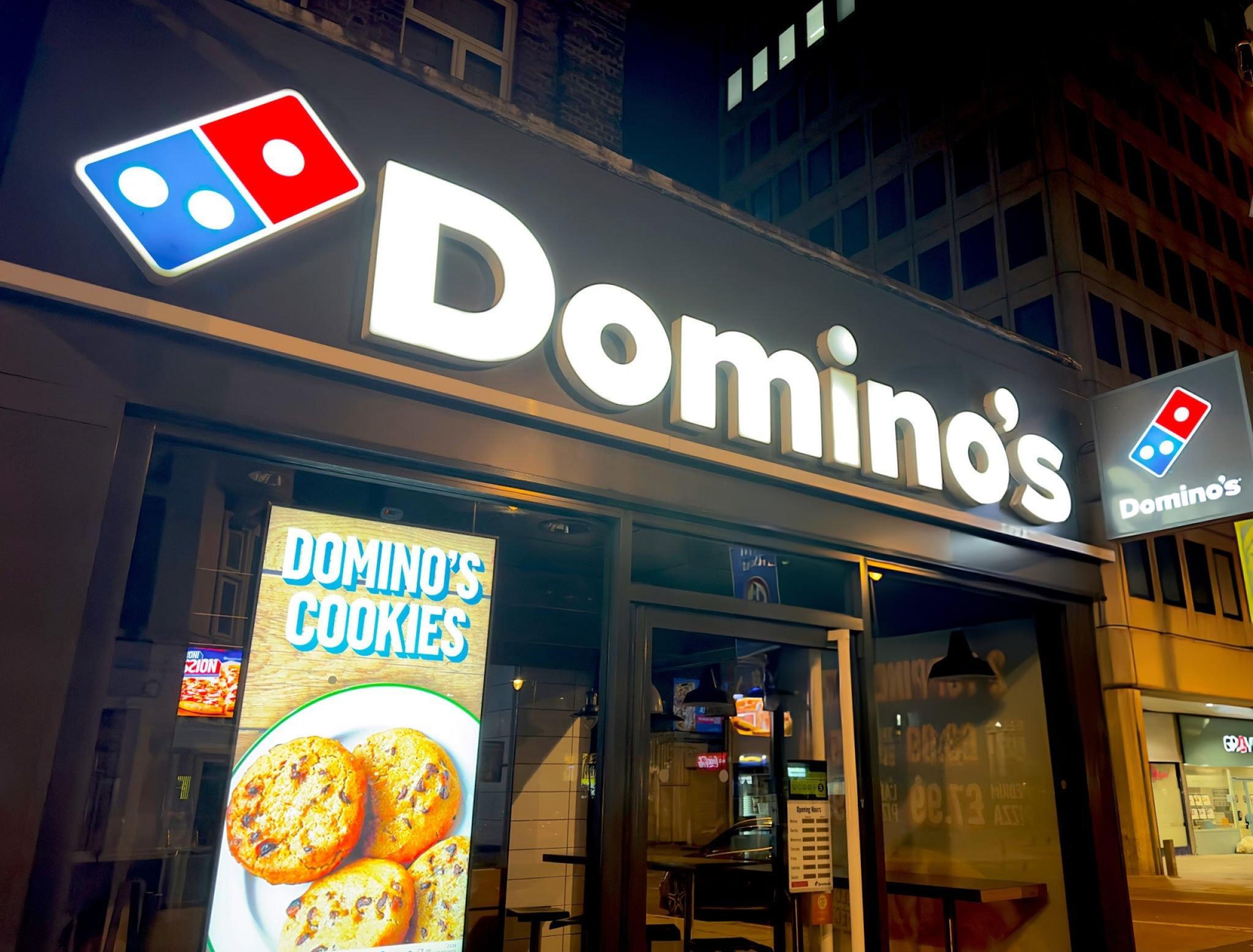In a move that has garnered market attention, Warren Buffett’s Berkshire Hathaway has revealed new investments in Domino’s Pizza and Pool Corp, even as it significantly scaled back on holdings in longstanding stocks like Apple and Bank of America. The developments, disclosed in a filing with the US Securities and Exchange Commission, show Berkshire’s expanding interest in both the restaurant and home improvement sectors amidst wider shifts in its investment portfolio.
As of 30 September, Berkshire held 1.28 million shares of Domino’s Pizza, valued at approximately $549 million, alongside 404,000 shares of Pool Corp, the prominent distributor of swimming pool supplies, worth around $152 million. Following Berkshire’s disclosure, Domino’s shares surged by 6.9 per cent in after-hours trading, while Pool Corp’s shares increased by 5.7 per cent. Berkshire’s influence on the market is well-documented; new investments often trigger optimism among investors, who view Buffett’s moves as a vote of confidence.
Despite these new investments, the filing does not clarify whether Buffett personally directed the acquisitions or if they were made by his portfolio managers, Todd Combs and Ted Weschler. Neither Domino’s nor Pool Corp responded immediately to requests for comment.
The investment in Domino’s comes as the pizza giant, like similar quick-service chains, has been ramping up promotional offers to attract budget-conscious customers. As inflation and economic uncertainty prompt diners to seek value, Domino’s has positioned itself as a leading choice, balancing affordable yet upscale fast-food options and reliable home delivery.
Similarly, Pool Corp has been navigating fluctuating market demands. Last month, the company reported a stable need for repair and maintenance services for existing pools, despite reduced demand for new pool constructions. With many homeowners prioritising essential upkeep over big-ticket upgrades, Pool Corp’s non-discretionary services continue to play a crucial role in its performance.
Berkshire’s decision to back Domino’s and Pool Corp reflects a deliberate strategy amid a broader retraction from other stocks. Over the course of 2024, Berkshire has doubled its cash reserves, reaching $325.2 billion by the end of September. Notably, the conglomerate has halted stock repurchases, marking the first pause in buybacks since 2018.
In the third quarter alone, Berkshire sold $36.1 billion in stocks, making just $1.5 billion in new purchases. For the year, it has sold a staggering $133.2 billion of stocks, with the majority divested from Apple, followed by Bank of America, while only adding $5.8 billion in new purchases. Observers suggest that Berkshire’s caution could be tied to high market valuations and tax considerations. By amassing cash, Berkshire has positioned itself to potentially undertake a major acquisition while Buffett, now 94, remains at the helm.
In addition to Domino’s and Pool Corp, Berkshire also increased its holdings in Heico, a maker of aircraft parts, while paring down or fully exiting several other investments. Among those sold were flooring retailer Floor & Decor, as well as portions of its shares in Capital One, Charter Communications, Brazilian digital bank Nu Holdings, and cosmetics giant Ulta Beauty.
Berkshire’s near-complete divestment from Ulta Beauty marks a particularly swift reversal, as it had only disclosed its initial investment in the company in August. This unexpected pivot resulted in a 3.8 per cent after-hours drop in Ulta’s shares. The move has raised questions, as the beauty sector had been seen as resilient, yet it appears Berkshire may be focusing on more essential consumer-oriented sectors in its recalibrated strategy.
Beyond its stock market holdings, Berkshire Hathaway is a vast enterprise, valued at approximately $1.01 trillion. Its portfolio encompasses a wide range of industries, from Geico car insurance to the BNSF railway, as well as a diversified mix of consumer, energy, industrial, and retail businesses.
While Buffett has not directly commented on the rationale behind the shift towards accumulating cash and selling off high-profile shares, some analysts suggest it may reflect concerns over current valuations or strategic positioning for future opportunities. By holding cash, Berkshire retains flexibility to make a substantial acquisition, should the right prospect emerge.
With Berkshire’s influence on the financial landscape, its actions are closely watched by investors, with any new investment interpreted as a strong endorsement. As Buffett’s team navigates both long-term bets and market volatility, the strategic addition of Domino’s and Pool Corp stands as a reflection of Berkshire’s adaptive approach to the evolving economic climate.







